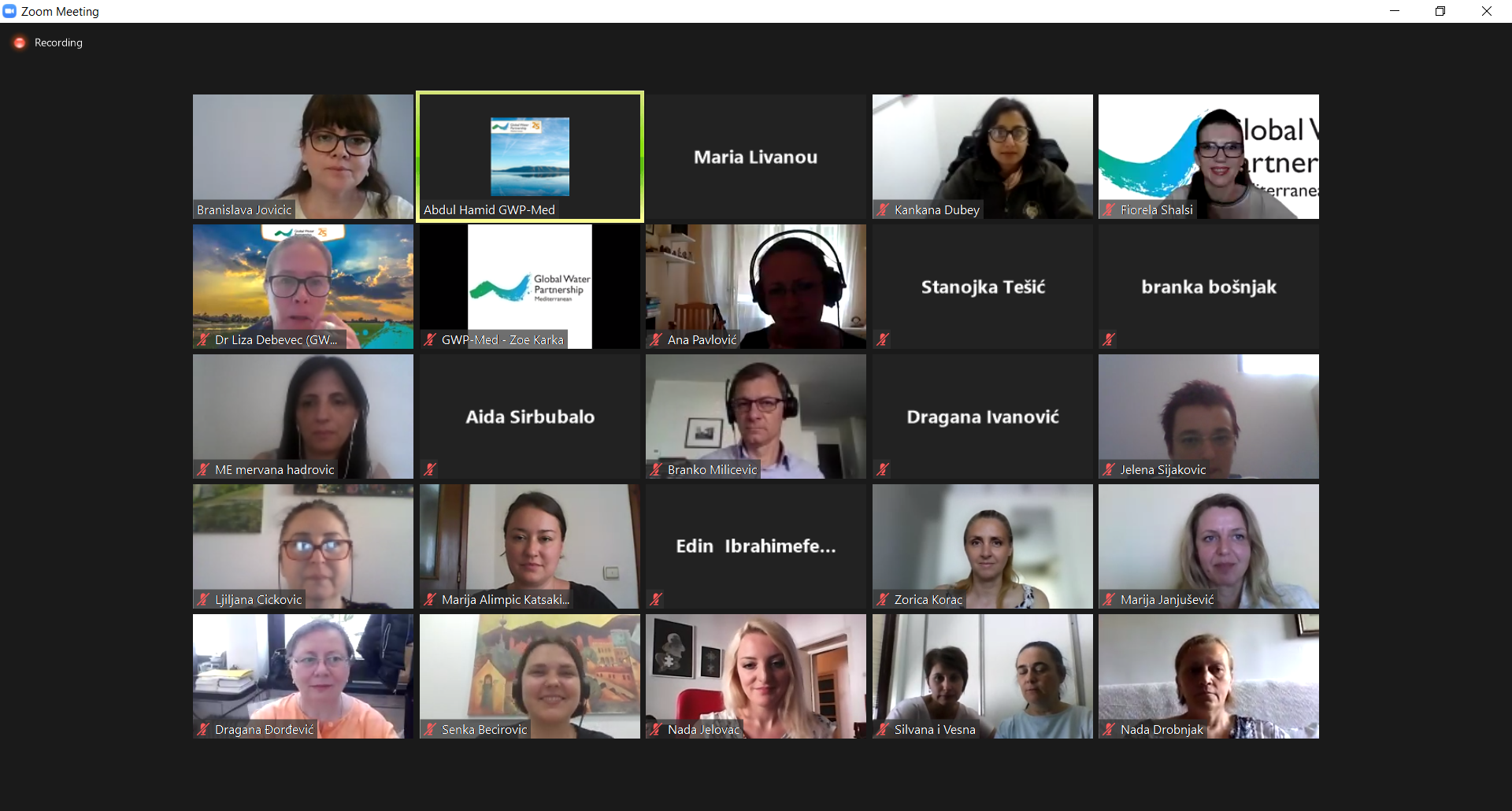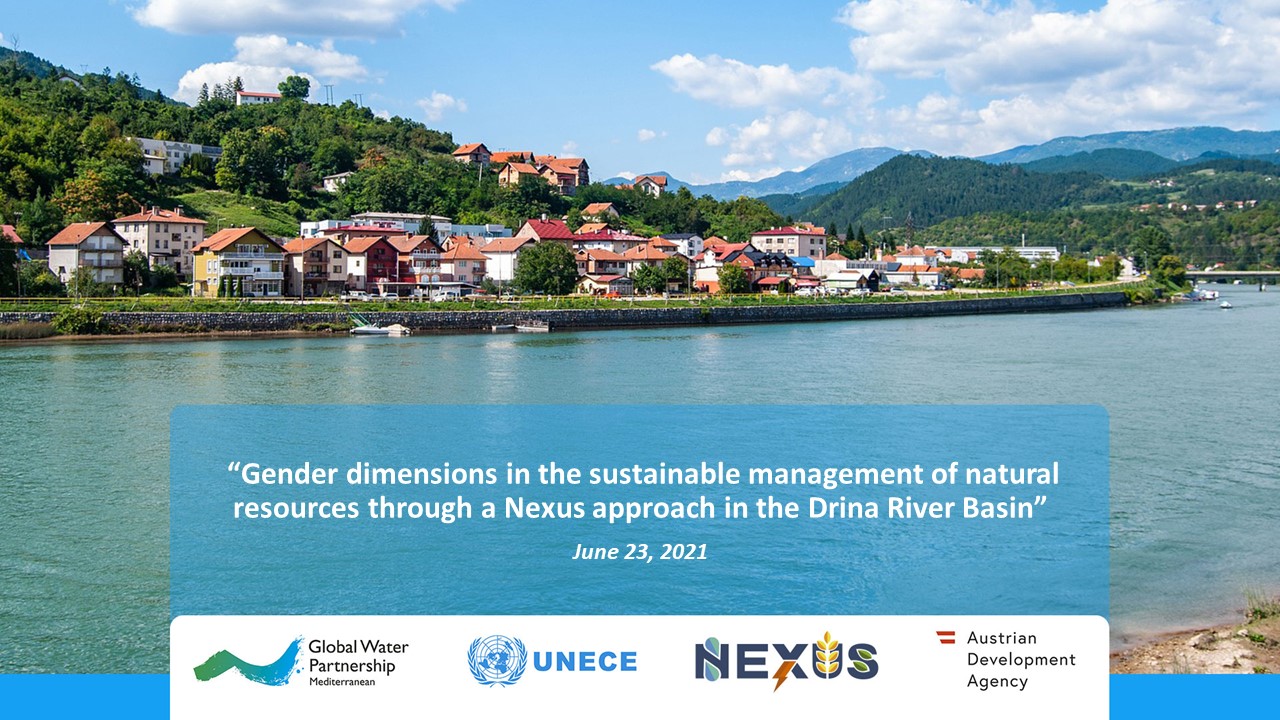The workshop, organized by GWP-Med in the framework of the ADA-funded SEE Nexus Project, brought together women to discuss challenges related to gender issues and environmental protection in the Drina basin as well as existing and potential solutions.
During the workshop it was noted that environmental factors such as biodiversity loss, climate change, natural disasters, and energy developments disproportionately affect women, their households and businesses, particularly in services and agriculture, as well as that environmental degradation can lead to increased gender-based violence. Moreover, participants stressed the fact that women in the Drina river basin must participate more in decision making and highlighted the fact that the basin while facing a number of environmental threats, has huge opportunities for sustainable development.

At her opening speech, vice-president of the Parliament of Montenegro Branka Bošnjak mentioned the need to strike a compromise between energy demand, economic development and nature protection. She also informed participants that the Parliament of Montenegro aims to achieve gender equality since there are not many women in positions of power in the country. The Minister of Environment and Tourism of the Federation of BiH Edita Đapo from her part stressed the fact that the Balkans are expected to face frequent extreme weather events. Women will be more affected as they run most of the small farms and agrotourism businesses she said and added that they don't have as much access to microfinancing and technology. Ms. Đapo heralded the fact that "Women bring positive change," and referred to the example of women in the village of Kruščica managed to stop two small hydropower plant projects.
During the workshop, the nearly 50 participants learned about the overall gender dimension in sustainable management of natural resources and the efforts to introduce gender equality in the main social processes by GWP-Med's Fiorela Shalsi and Dr. Liza Debevec. Mr. Tassos Krommydas, GWP-Med's Senior Programme Officer spoke of the Nexus Assessment process in the Drina basin, the recommendations of which should be translated to political commitments. Branislava Jovičić, editor of Balkan Green Energy News acknowledged the fact that women’s participation in official policies or initiatives on big projects and investments with potential environmental impact is not encouraged.
In dedicated sessions, the case studies of Rio Tinto’s Jada lithium mine project, and of floating waste in the Drina river basin were presented with a special focus on gender. In the final session participants exchanged insights and experiences on the role of women in promoting the Nexus approach in the area. As a concluding remark, it was agreed that while there are women in the area that hold key positions in environmental NGOs there is a lot of room for improvement for women to participate in decision making on environmental issues.
The SEE Nexus Project (“Promoting the Sustainable Management of Natural Resources in Southeastern Europe, through the use of the Nexus Approach”) is funded by the Austrian Development Agency (ADA), the operational unit of Austrian Development Cooperation and is implemented by Global Water Partnership-Mediterranean (GWP-Med) in partnership with the United Nations Economic Commission for Europe (UNECE).
For more on the Workshop, see here.
